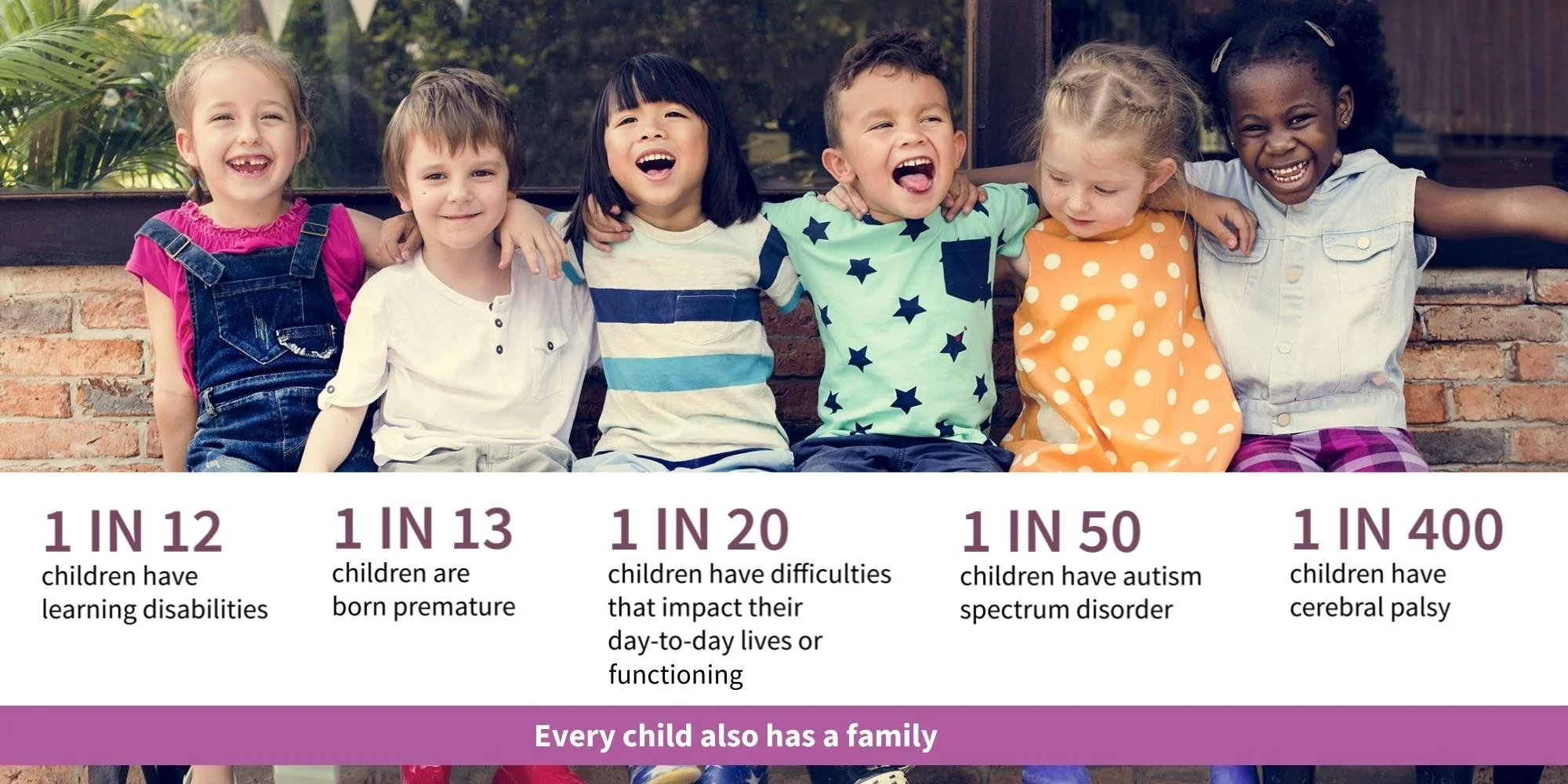CHILD-BRIGHT is proud to share that we have submitted a brief to the House of Commons Standing Committee on Health as part of their children’s health study, which lists recommendations and considerations to improve the health and well-being of children with brain-based disabilities and their families in Canada.
What is the House of Commons Standing Committee on Health (HESA)?
HESA reviews and reports on all matters relating to the mandate, management, and operation of Health Canada such as health-related bills and reports, budgetary estimates, examinations of qualification and competences. HESA also has oversight responsibility of four agencies that report to the Minister of Health (the Canadian Institutes of Health Research, the Patented Medicine Prices Review Board, the Canadian Food Inspection Agency, and the Public Health Agency of Canada).
HESA can also make decisions to study other matters. It holds public meetings and collects information from witnesses, reports on its findings, and makes recommendations.
This year, HESA opened a process allowing Canadians to submit recommendations relating to children’s health in Canada, so we jumped at this opportunity!
Why is CHILD-BRIGHT well positioned to put forward recommendations on children’s health?
CHILD-BRIGHT believes that federal leadership is urgently required to measurably improve the health and well-being of Canada’s children and youth, and we believe that we are uniquely positioned to support this work.
In Canada, as many as 850,000 children are living with a brain-based developmental disability and face life-long challenges with mobility, language, learning, socialization, and/or self-care that impact the quality of life of the child and their family. Since 2016, CHILD-BRIGHT has been spearheading a movement for change for these children, youth and families; we have been centering patients in research teams, moving research into improved practice and policy, and moving children and families forward towards brighter futures.
We believe that our network and its activities can be leveraged to overcome barriers to health research, tackle health service backlogs, and foster partnerships to address health human resource challenges.
What was the purpose of CHILD-BRIGHT’s brief, and what are our recommendations?
The CHILD-BRIGHT team had three objectives when submitting our brief:
To raise awareness of our network, its work and its progress within HESA
To highlight our collaboration with Inspiring Healthy Futures and reaffirm our support of their five identified priorities for action:
Impactful research and knowledge
Child-centered policies and structures
Schools and communities as hubs of health and well-being
Accessible and adaptable health systems
Mobilized communities around children, youth and families.
To put forward four additional recommendations and considerations:
The need for continued research funding in the area of brain-based developmental disability in children and youth
That health research funding take a “life-course” approach, with attention paid to the health of children and youth across the entire CIHR portfolio
That attention be paid to ability and disability in all considerations of equity, diversity and inclusion
That CHILD-BRIGHT funding be renewed past March 2026.
Read the full CHILD-BRIGHT brief.
CHILD-BRIGHT also collaborated with Keiko Shikako, Canada Research Chair in Childhood Disability and CHILD-BRIGHT Knowledge Mobilization Program Co-Lead, for a second brief to HESA on behalf of the Participation and Knowledge Translation Lab (PAR-KT Lab), in collaboration with the Transforming Autism Care Consortium.
Five recommendations were put forward in the PAR-KT Lab brief:
That children with disabilities and their families be included in consultations and strategies when elaborating health policy and service
That impactful research be supported
That the experiences of people with disabilities who are vulnerable for more than one reason, or who are underrepresented, be better understood
The child-centric policies be adopted
That ongoing health promotion strategies to include children with disabilities be leveraged
That accessible, adaptable, and integrated health and well-being systems be created.
Read the full PAR-KT Lab brief.
We thank all HESA members for their time reviewing our recommendations and hope that the insight we bring forward—which has been informed by our network patient-partners since 2016—will help inform and steer HESA’s children’s health priorities in coming years. Together, we can achieve the goal of improving the health and well-being of Canada’s children and youth!



